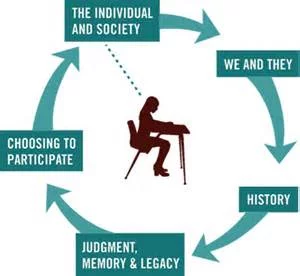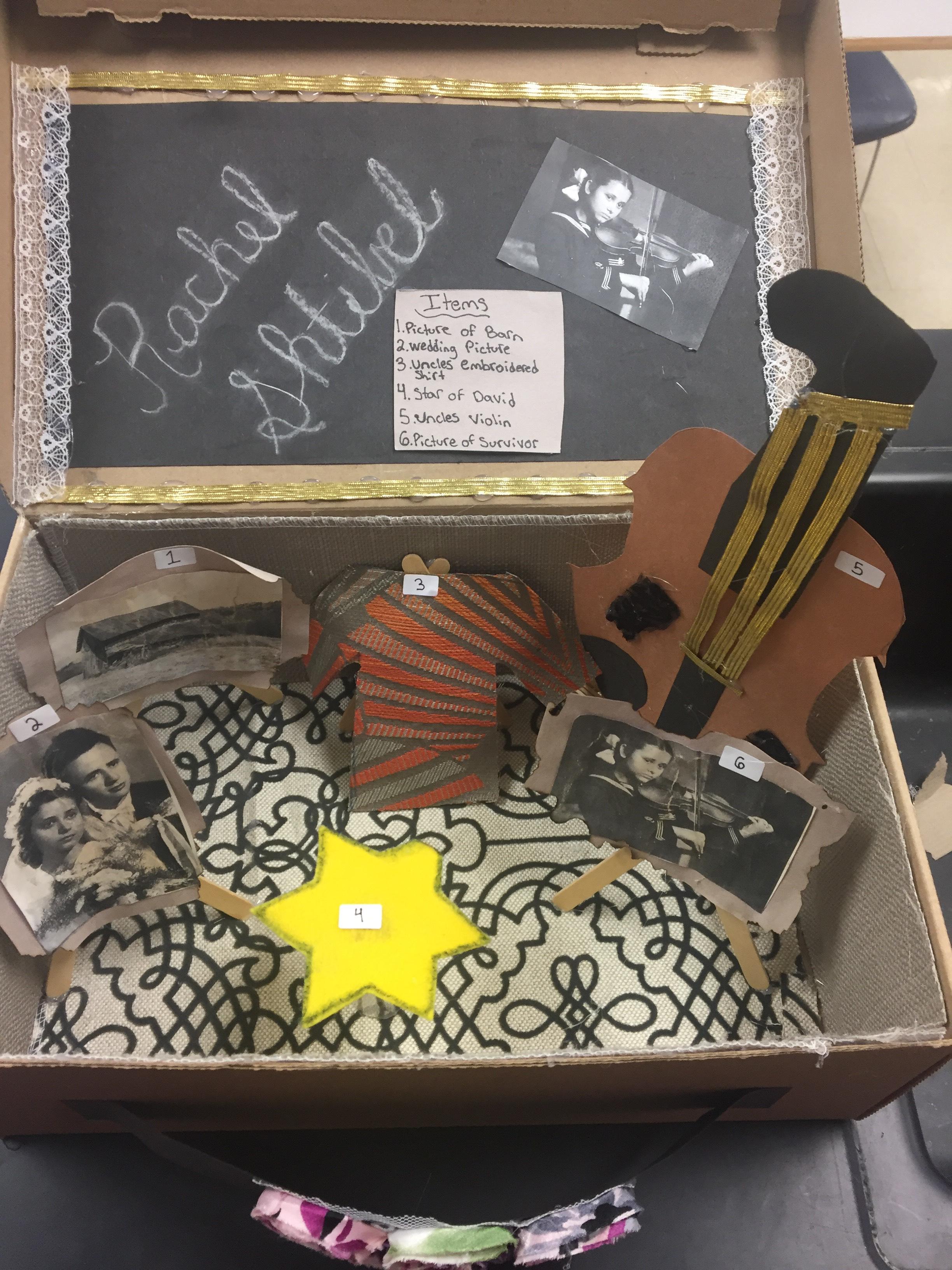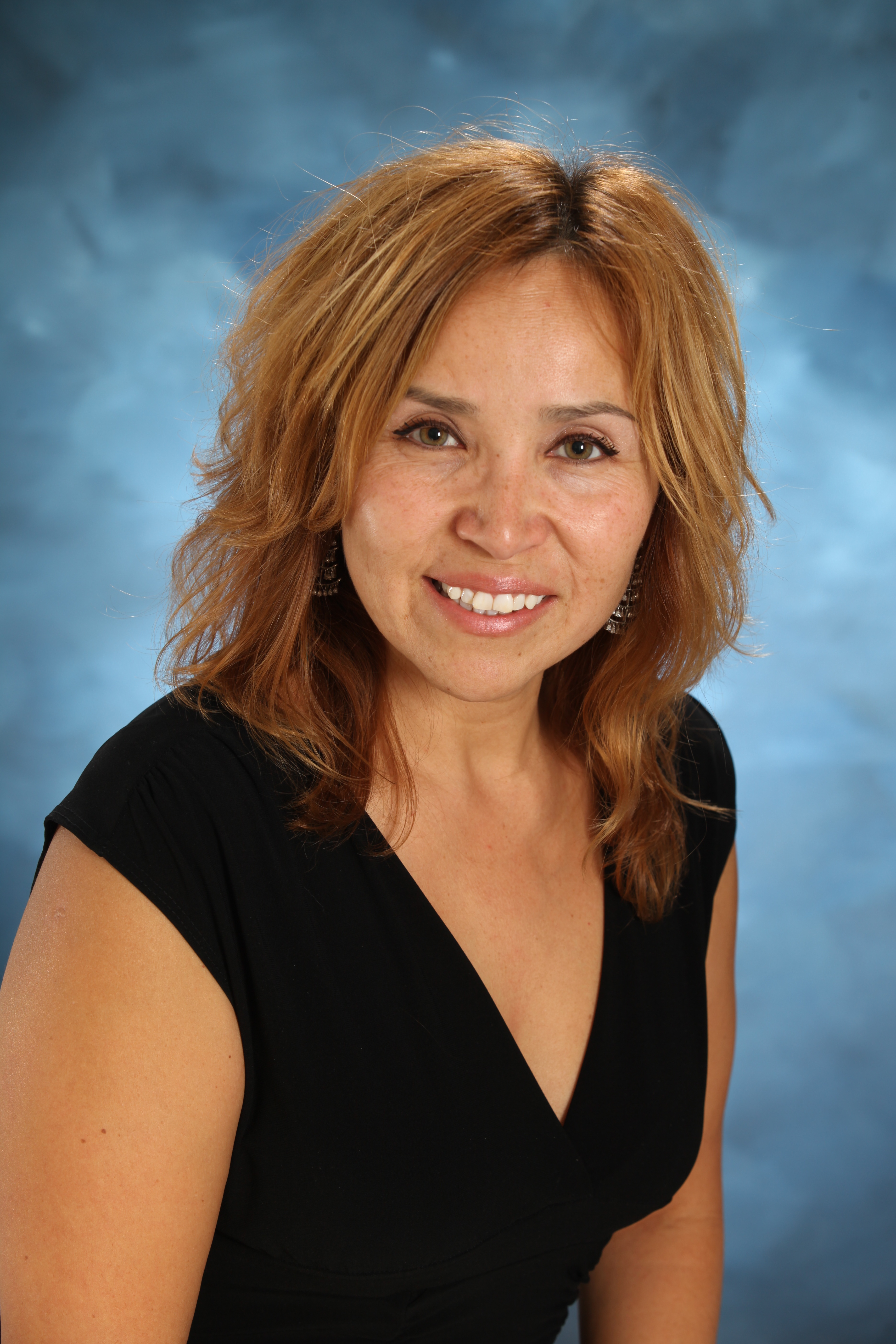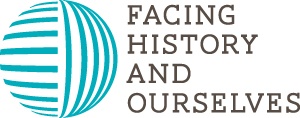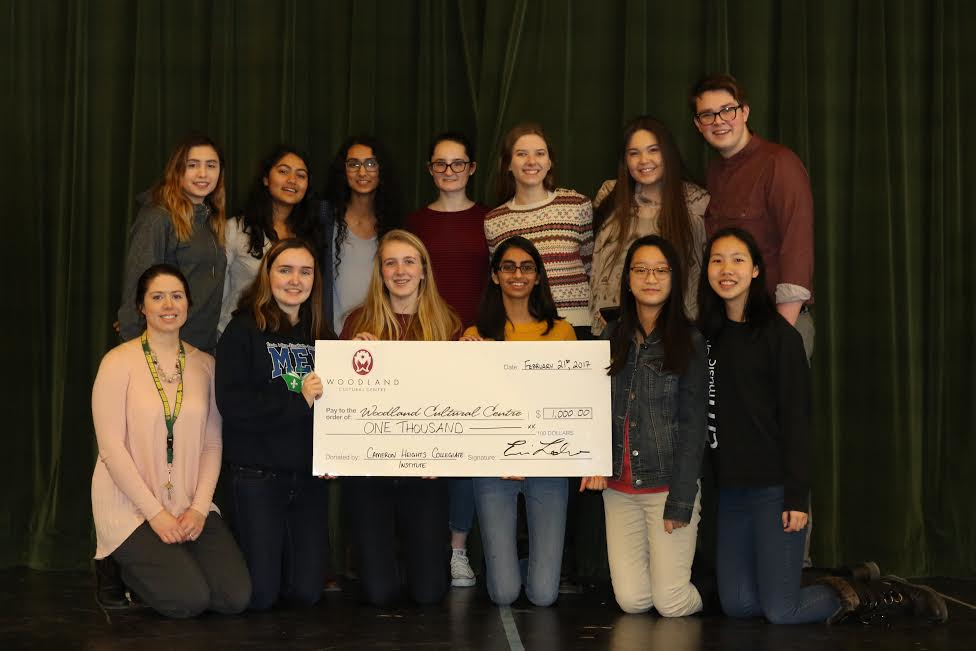Why a Lesson on the History of Epidemics, Pandemics and Vaccines?: A Response to Hopes and Fears
As a new teacher, hearing I was going to teach the first few weeks of grade 12 World History (CHY4U) was both exciting and terrifying. I had no intention of bringing in the history of epidemics, pandemics and vaccinations into my classroom until after the first day of school when I asked my students to share their hopes and fears for back-to-school and the course. Starting my course with hopes and fears was particularly important this year as I recognized that before engaging in curricular content, students may need to share their experiences and feelings regarding back-to-school. This important opening routine helps me build genuine relationships with my students grounded in trust, honesty and care at the forefront.
Read More
Topics:
facing history pedagogy,
pandemic,
world history,
COVID-19
This spring, Facing History and Ourselves, in partnership with the Azrieli Foundation Holocaust Survivors Memoir Program, invited 175 students from 6 schools to layer onto their learning about the history and legacies of the Holocaust, or of Canada's Residential Schools by reading Survivor memoir. Students read Theodore Fontaine’s Memoir Broken Circle: The Dark Legacy of Indian Residential Schools, or excerpts of Nate Leipciger’s Memoir The Weight of Freedom, then created pieces that reflected their understanding and responses to these testimonies, which were gifted to each Survivor.
Read More
Topics:
Toronto,
Holocaust,
Memoir,
Facing History and Ourselves,
Survivor Testimony,
Canada,
Residential Schools,
Canadian History,
Student Work,
project,
genocide,
Holocaust and Human Behaviour,
reflection,
Connected Learning,
Grade 10 History,
HSB,
CHC,
difficult conversations,
trc,
stolen lives,
facing history pedagogy,
Azrieli Foundation Memoirs,
Decolonizing Schools,
Holocaust History in Canada,
Facing Canada,
cross curricular teaching and learning,
collaborative inquiry
A Mindful Classroom: Establishing A Safe Space for Sensitive Topics
Many of us have seen the importance of mindfulness in our classrooms and personal lives. Being present and aware are integral to truly absorbing what is around you. How mindful are we of exactly what is around us in the classroom? The physical space we build for our students is often an afterthought to efficiency and more intangible metrics of behaviour and dynamics. This year, I made it my goal to be mindful of the materials within my classroom and how well they represent the values I hope we exercise within these walls.
Read More
Topics:
Art,
Student Work,
Indigenous History,
Social and Emotional Learning,
Middle School,
Culturally Responsive and Relevant Pedagogy,
facing history pedagogy,
Treaty,
Facing Canada,
cross curricular teaching and learning
Why Cross Curricular?
We know that time with students is limited, so taking advantage of repeated themes which exist between courses to help build bridges between knowledge gaps is an effective strategy. We also know that in the hecticness of a regular school day, these great concepts are often just that- concepts- because we don’t have time to take on anything more between teaching, marking, meetings, that varsity game you promised to attend, and the play you are helping find props for. Here are a few ideas with ready-to-use resources so that, if one speaks to you, you can easily use it within your classroom sooner rather than later. Remember, trying out one of these ideas on your own first and then looking to next year to work collaboratively can be a starting point, if finding an interested colleague to collaborate with proves difficult.
Read More
Topics:
Culturally Responsive and Relevant Pedagogy,
facing history pedagogy,
Treaty,
Facing Canada,
cross curricular teaching and learning
As an educator, I used to think true learning was my teacher content knowledge level or how much information I could get out there to students. Here’s what I thought should happen: students would learn information,reproduce it in the way I wanted them to, and then that would be a good measuring stick for how much they knew. However, In the 21st century with a world of information availability at your fingertips, this approach has become more and more obsolete.
Read More
Topics:
Identity,
Holocaust Education,
Holocaust and Human Behaviour,
facing history pedagogy,
Facing Canada
As the blog manager for Facing Canada, I have the privilege of working with many very talented, dedicated and creative teachers. There are so many teachers who come up with fantastic and meaningful projects and assessments for students that deepen learning and pique student interest. I have often been inspired by projects posted, and recently had a chance to adapt one for my own classroom that had been on my mind for awhile.
Read More
Topics:
Identity,
Holocaust Education,
Salvaged Pages,
facing history pedagogy,
Azrieli Foundation Memoirs,
Holocaust History in Canada,
Facing Canada
Dr. Pamela Rose Toulouse, associate professor in the Faculty of Education at Laurentian University, 3M National Teaching Excellence Fellow and author of Achieving Indigenous Student Success, and Truth and Reconciliation in Canadian Schools frames the role educators can play as allies to Indigenous (and non-Indigenous) students and shares with us several key resources for how to do so.
Read More
Topics:
Teaching Strategies,
Residential Schools,
HSB,
CHC,
difficult conversations,
trc,
stolen lives,
facing history pedagogy,
settler educators,
Treaty,
Sacred Circle Teachings
We are pleased to announce Facing History and Ourselves’ ambitious expansion plans to affect large-scale social change. Over the next three years, we plan to double the number of educators we engage with across Canada and strengthen our innovative work with middle and high school students to create a more informed and engaged citizenry.
Read More
Topics:
Facing History Resources,
Facing History and Ourselves,
facing history pedagogy,
Department of Canadian Heritage,
Inter-Action: Multiculturalism Funding Program,
French Resources
Join us on Sunday February 25th for an educator workshop and special film screening with Director Susan G Enberg and Louis Knapaysweet, an elder and survivor of St. Anne's Residential School.
Read More
Topics:
Film,
Survivor Testimony,
Residential Schools,
workshop,
CHC,
difficult conversations,
trc,
stolen lives,
facing history pedagogy,
settler educators
By studying the historical development of the Holocaust and other examples of genocide, students make the essential connection between history and the moral choices they confront in their own lives. Erin Ledlow helped the students in her Genocide and Crimes Against Humanity class make these connections, and incite real change in their thinking by creating a safe space for students to explore the difficult history of Canadian Residential Schools using Facing History
pedagogy,
Stolen Lives, and inviting survivor Geronimo Henry to help students draw these connections, and reflect on themselves. The following is an excerpt of an interview from three students who were part of the class and this incredible learning process.
Read More
Topics:
Student Voices,
Residential Schools,
stolen lives,
facing history pedagogy

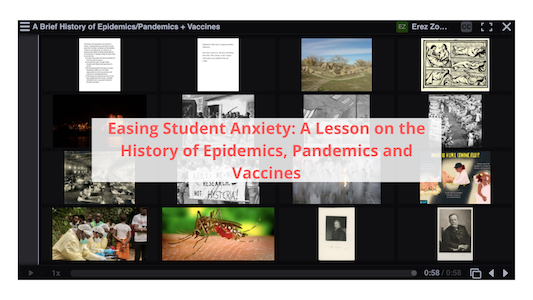
.jpeg)
